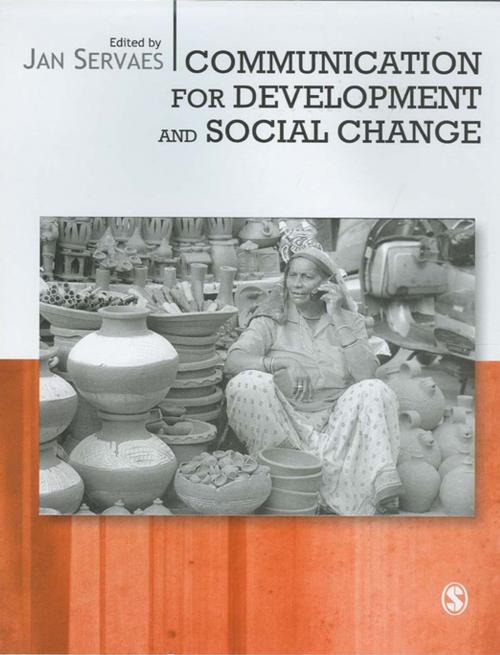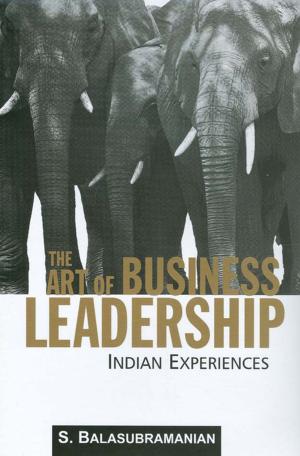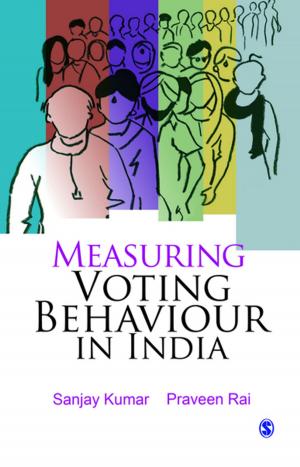Communication for Development and Social Change
Business & Finance, Economics, Economic Development, Nonfiction, Reference & Language, Reference, Social & Cultural Studies, Social Science| Author: | ISBN: | 9788132118503 | |
| Publisher: | SAGE Publications | Publication: | December 31, 2007 |
| Imprint: | Sage Publications Pvt. Ltd | Language: | English |
| Author: | |
| ISBN: | 9788132118503 |
| Publisher: | SAGE Publications |
| Publication: | December 31, 2007 |
| Imprint: | Sage Publications Pvt. Ltd |
| Language: | English |
This volume is first and foremost about people and the processes needed to facilitate sharing of knowledge in order to effect positive developmental change. It is contextual and based on dialogue necessary to promote stakeholder’s participation, which is essential for the understanding of their perceptions, perspectives, values, attitudes and practices, so that these can be incorporated into the design and implementation of development initiatives.
This volume follows the two-way horizontal model and increasingly makes use of many-to-many forms of communications to facilitate the understanding of people’s perceptions, priorities and knowledge with its use of a number of tools, techniques, media and methods. It aims to give voice to those most affected by the development issue(s) at stake, allowing them to participate directly in defining and implementing solutions and identifying development directions.
Based on the assumption that authentic participation directly addresses power and its distribution in society, which often decreases the advantage of certain elite groups, the authors argue that structural and sustainable change necessitates the redistribution of power.
This collection offers perceptive insights and vivid examples to prove that the field of communication for development and social change is indeed vibrant.
This volume is first and foremost about people and the processes needed to facilitate sharing of knowledge in order to effect positive developmental change. It is contextual and based on dialogue necessary to promote stakeholder’s participation, which is essential for the understanding of their perceptions, perspectives, values, attitudes and practices, so that these can be incorporated into the design and implementation of development initiatives.
This volume follows the two-way horizontal model and increasingly makes use of many-to-many forms of communications to facilitate the understanding of people’s perceptions, priorities and knowledge with its use of a number of tools, techniques, media and methods. It aims to give voice to those most affected by the development issue(s) at stake, allowing them to participate directly in defining and implementing solutions and identifying development directions.
Based on the assumption that authentic participation directly addresses power and its distribution in society, which often decreases the advantage of certain elite groups, the authors argue that structural and sustainable change necessitates the redistribution of power.
This collection offers perceptive insights and vivid examples to prove that the field of communication for development and social change is indeed vibrant.















